

Release Time:2023-06-29 11:11Source:InternetBy:Khongtu ReviewRead:
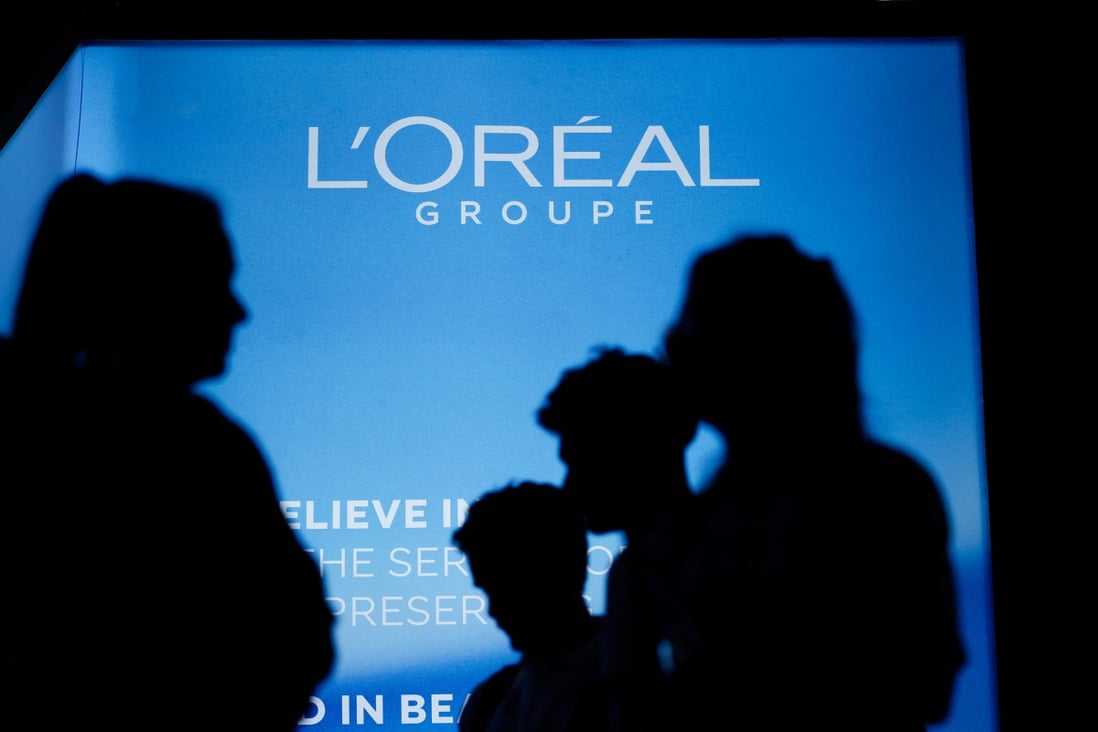
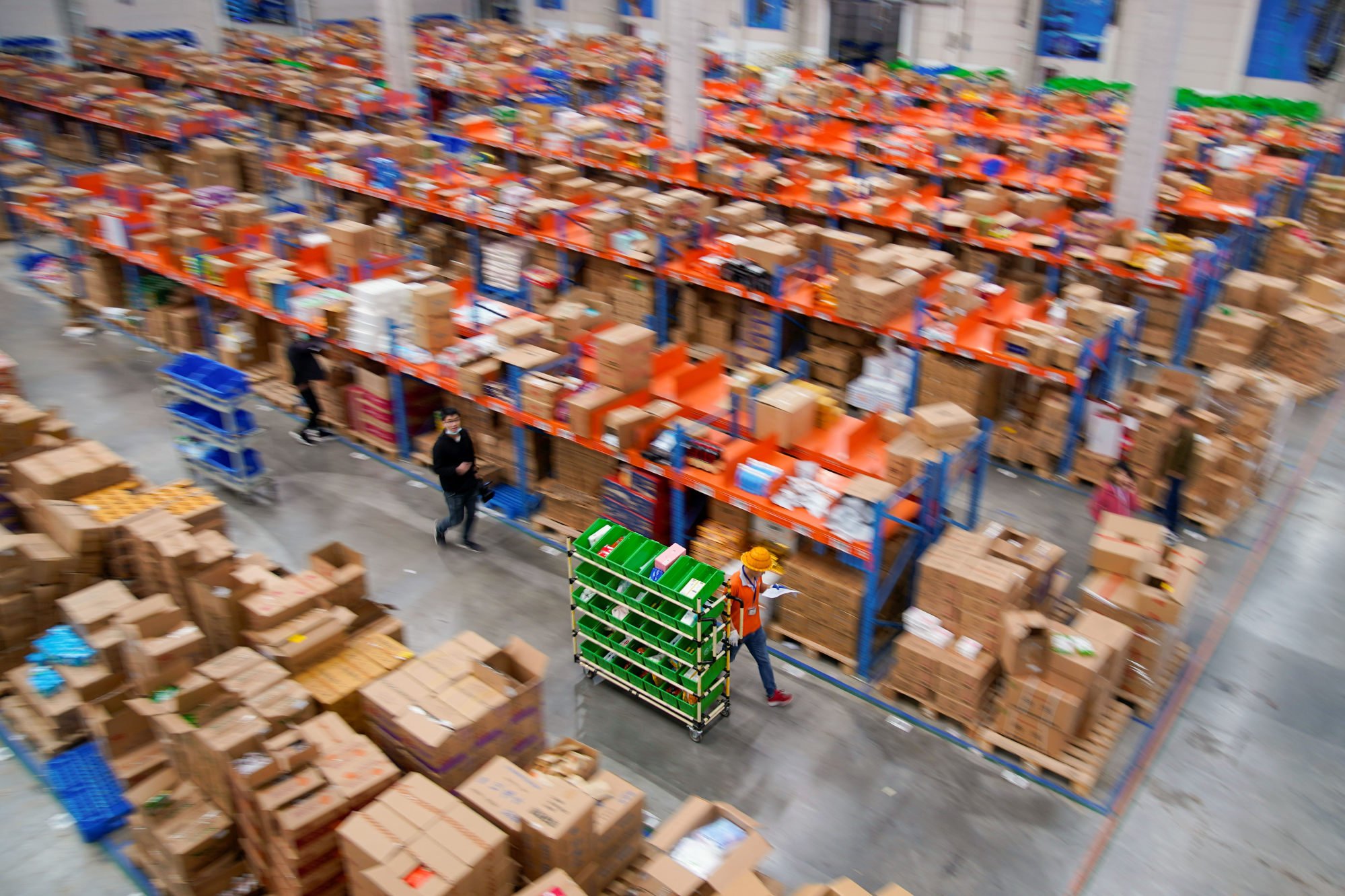
Share→ Green beauty: L’Oréal partners with Alibaba, key suppliers to decarbonise China’s US$80 billion cosmetics industry
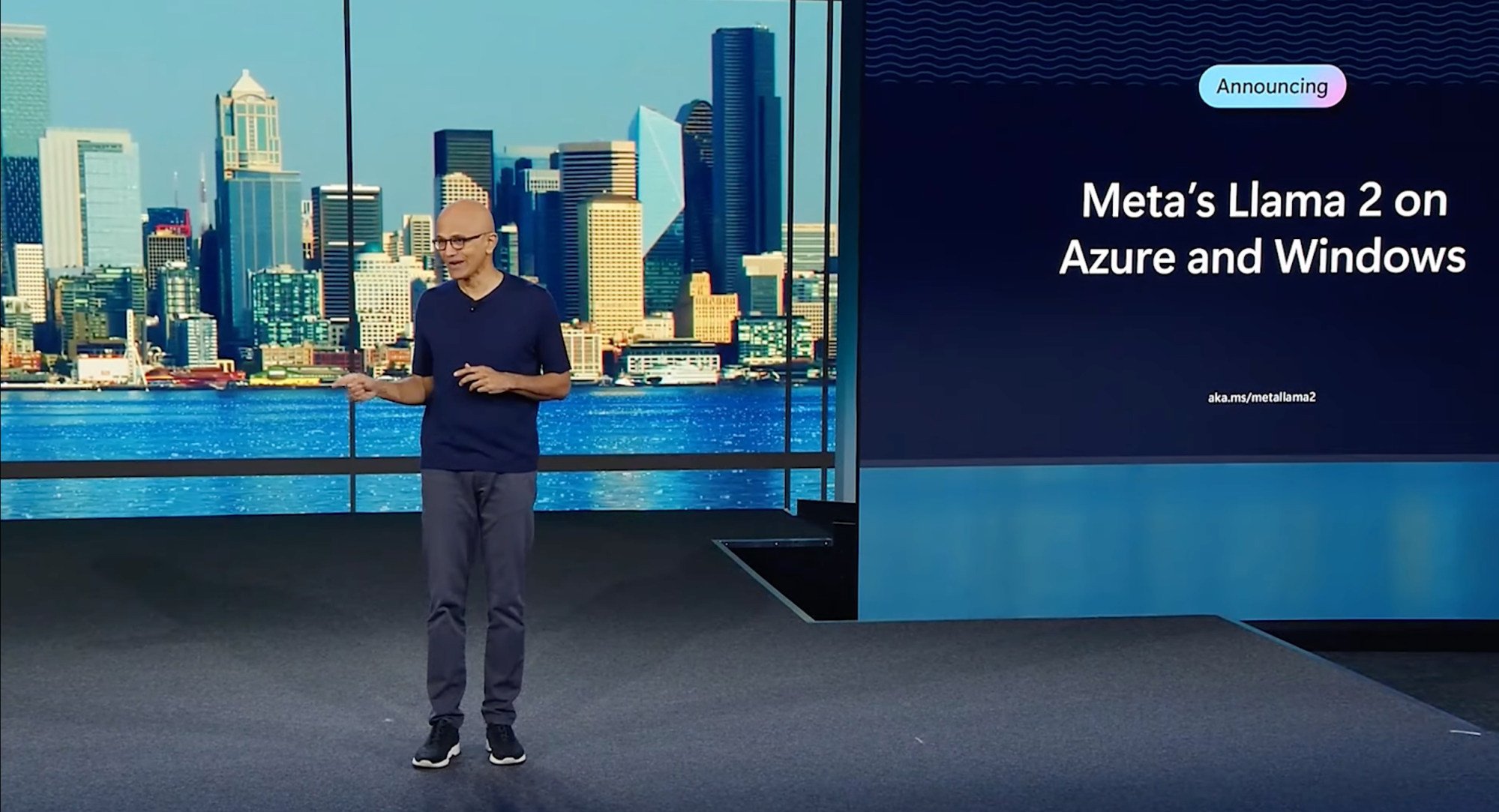
Chinese e-commerce giant Alibaba’s cloud services unit extends support in China for Meta’s latest open-source AI model
94 Like 2023-07-31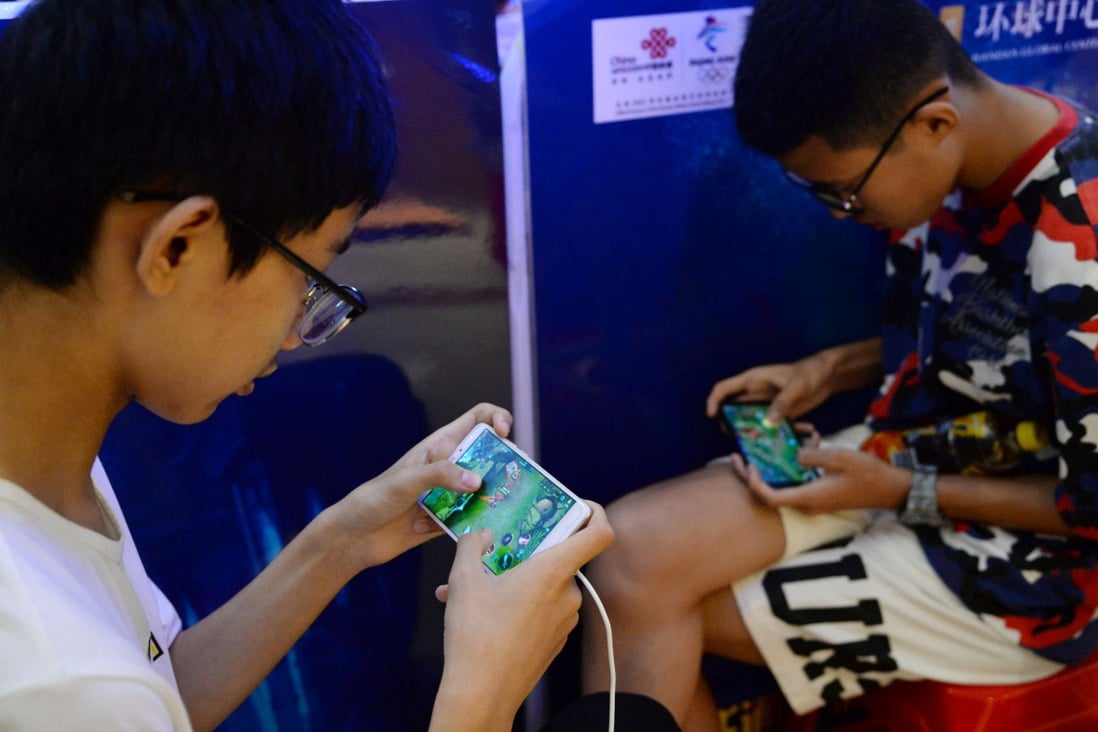
Alibaba’s Taobao to live stream Tencent’s Honour of Kings in rare partnership of China’s top tech giants
123 Like 2023-07-31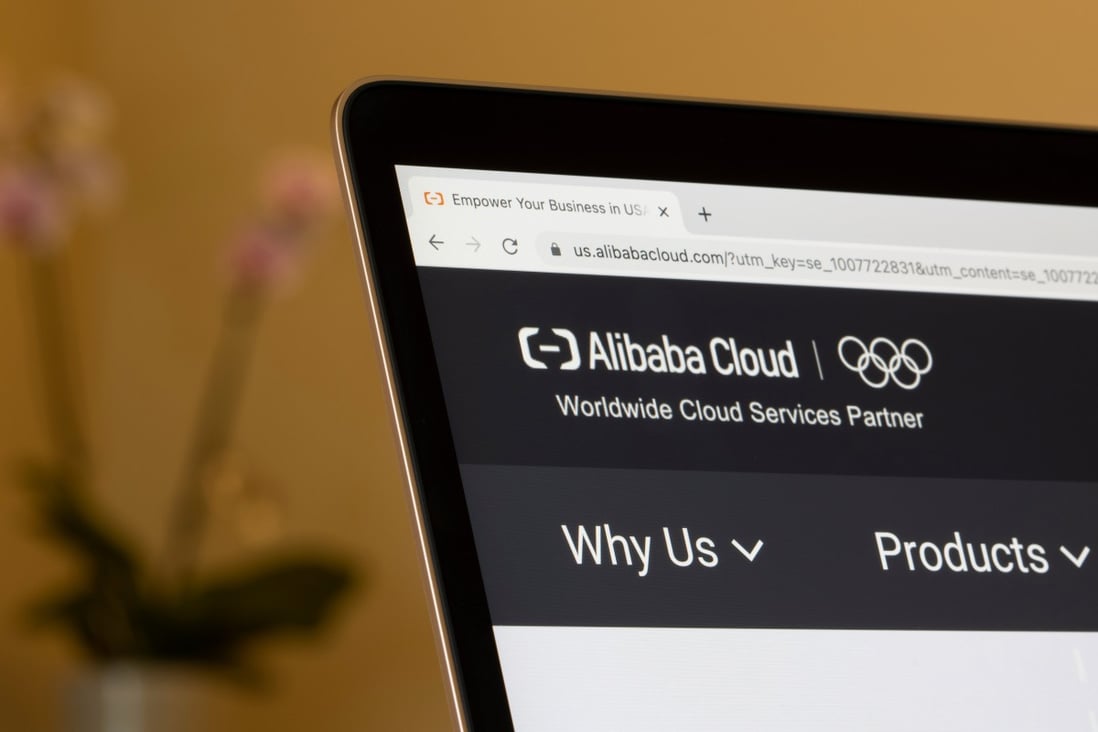
Alibaba’s cloud services subsidiary and Shanghai’s Fudan University establish new intelligent computing platform for AI initiatives
210 Like 2023-07-11
Chinese food delivery giant Meituan’s co-founder, Wang Huiwen, quits corporate roles owing to ‘health reasons’ after starting an AI venture
195 Like 2023-06-30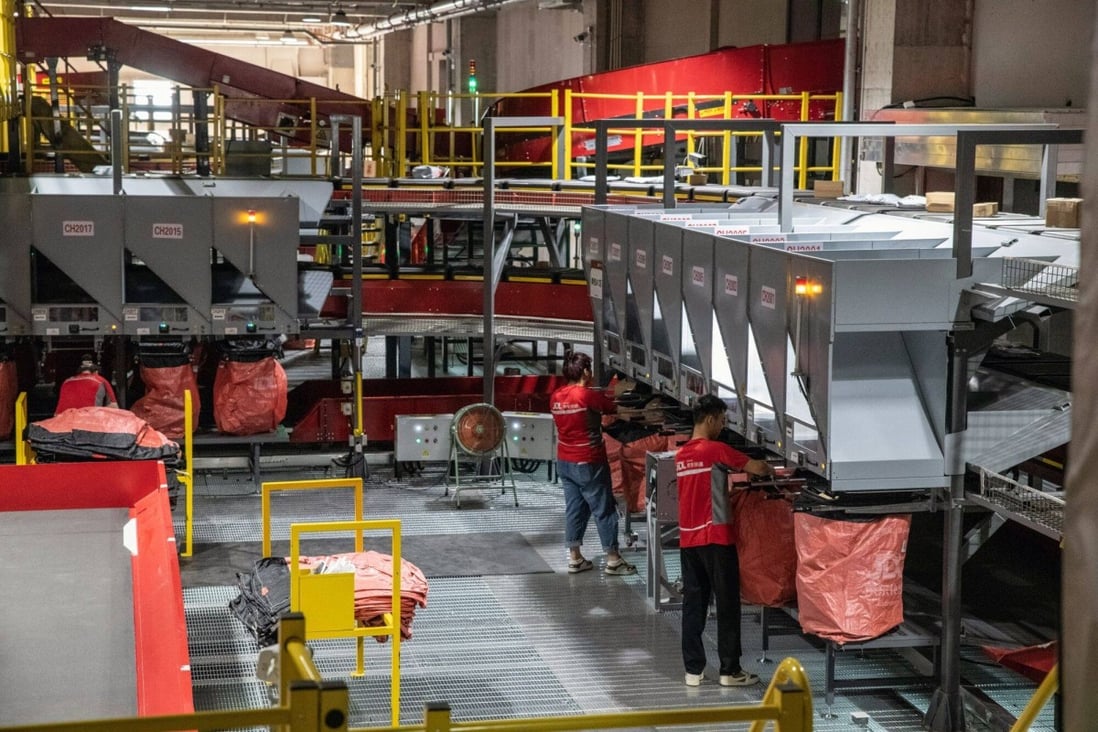
Huawei, Alibaba, JD.com rank No 1 in Hurun China industrial Internet of Things top 30 list
156 Like 2023-06-29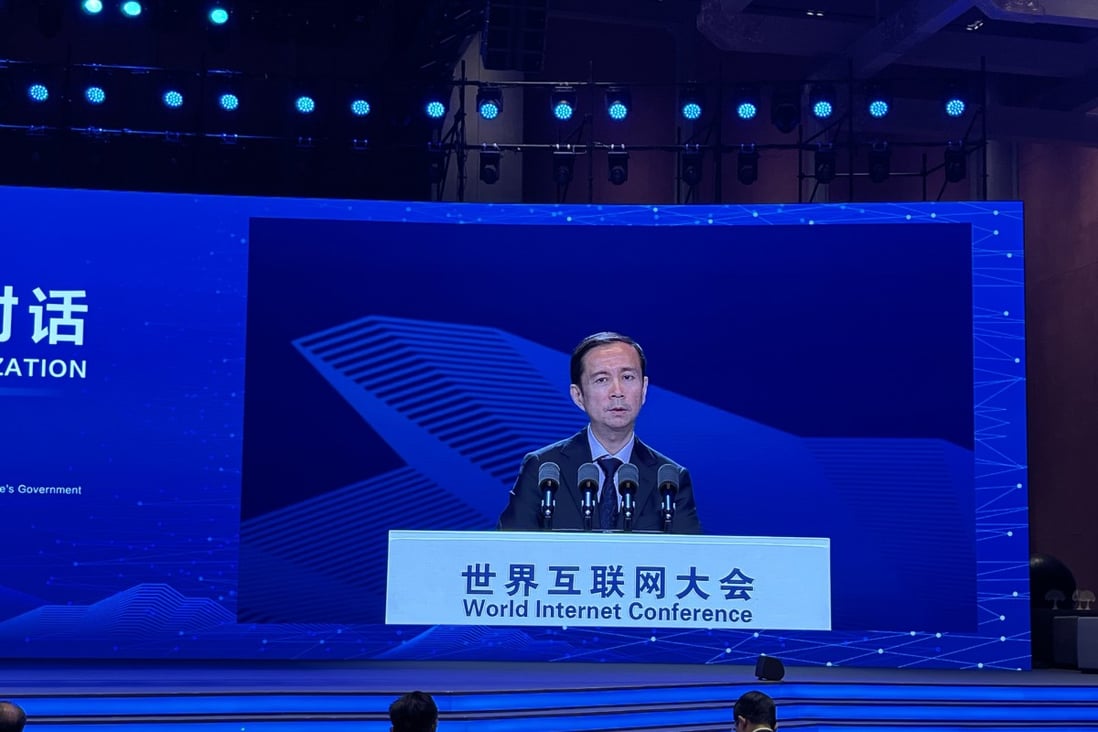
Alibaba’s AI development could be stop-and-go, as outgoing CEO highlights regulatory restraint in speech
167 Like 2023-06-29
Chinese e-commerce giant Alibaba’s cloud services unit extends support in China for Meta’s latest open-source AI model
Release Time:2023-07-31
Alibaba’s Taobao to live stream Tencent’s Honour of Kings in rare partnership of China’s top tech giants
Release Time:2023-07-31
Alibaba’s cloud services subsidiary and Shanghai’s Fudan University establish new intelligent computing platform for AI initiatives
Release Time:2023-07-11
Chinese food delivery giant Meituan’s co-founder, Wang Huiwen, quits corporate roles owing to ‘health reasons’ after starting an AI venture
Release Time:2023-06-30
Huawei, Alibaba, JD.com rank No 1 in Hurun China industrial Internet of Things top 30 list
Release Time:2023-06-29
Chinese e-commerce giant Alibaba’s cloud services unit extends support in China for Meta’s latest open-source AI model

Alibaba’s Taobao to live stream Tencent’s Honour of Kings in rare partnership of China’s top tech giants

Alibaba’s cloud services subsidiary and Shanghai’s Fudan University establish new intelligent computing platform for AI initiatives

Chinese food delivery giant Meituan’s co-founder, Wang Huiwen, quits corporate roles owing to ‘health reasons’ after starting an AI venture
Copyright Notice © 2006-2023 khongtu.com All rights reserved. License